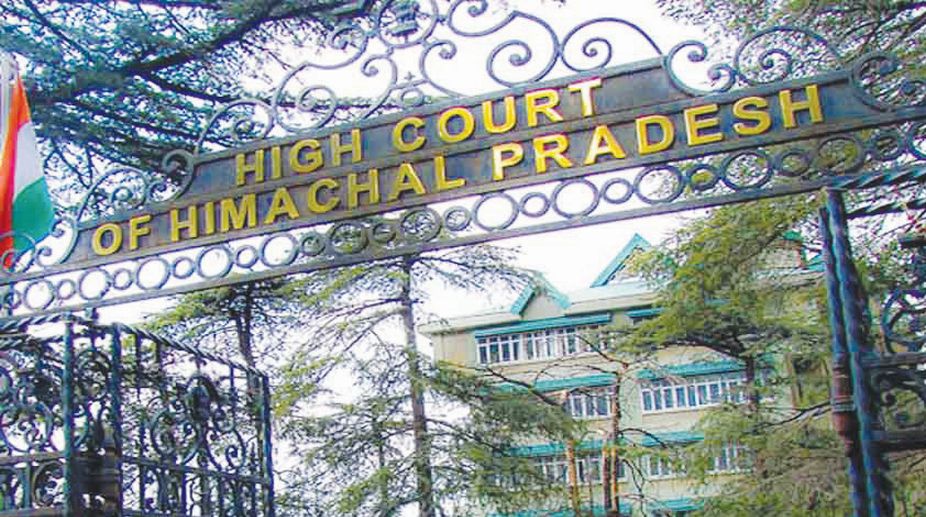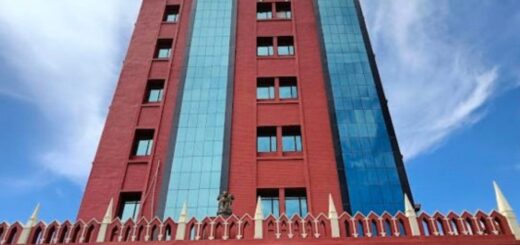The HP High Court stated that courts should be very cautious when handling arbitral awards and should limit themselves to the specific grounds allowed under Section 34 of the Arbitration and Conciliation Act.

The Himachal Pradesh High Court highlighted that courts should be very cautious when reviewing arbitral awards and should limit their focus to the specific grounds outlined in Section 34 of the Arbitration and Conciliation Act, 1996 (A&C Act). This ruling came during Arbitration Appeals filed by the National Highways Authority of India (NHAI) after the District Judge dismissed its Applications under Section 34 of the A&C Act. Justice Jyotsna Rewal Dua, in a Single Bench, noted that in the case of Bombay Slum Redevelopment Corporation Pvt. Ltd. Vs. Samir Barain Bhojwani, the Supreme Court stressed that the courts’ supervisory role is quite limited when handling appeals under Section 37 of the Act. The ability to interfere in a Section 34 petition is also very restricted, and the jurisdiction under Section 37 is even narrower. Since the parties voluntarily chose to go to the Arbitral Tribunal instead of traditional Civil Courts, it is essential for courts to be conservative in their approach to arbitral awards and stick to the grounds specified in Section 34.
The Bench also reiterated that just because there might be another possible interpretation of the facts or contract does not give courts the right to overturn the Arbitral Tribunal’s decisions. In this case, the Appeals were related to land acquisition by NHAI. A Notification under Section 3A(1) of the National Highways Act, 1956 (NH Act) was published in 2012 to acquire land for the four-laning of NH-21. Notifications under Section 3G(3) of the NH Act were published in newspapers from January to April 2013, inviting claims from interested parties. The Competent Authority Land Acquisition (CALA) then announced an award for the land covered by these notifications, assessing the market value at Rs. 50,00,000/- per bigha.
Landowners aimed to increase the market value of their acquired land and submitted their claims under Section 3G(5) of the NH Act to the designated Arbitrator. The Arbitrator ruled in favor of the landowners, raising the market value to Rs. 68,16,513/- per bigha. The NHAI, unhappy with this decision, appealed to the District Judge, but their applications were rejected. This led to the case being brought before the High Court. The High Court noted that the Appellate Court’s role under Section 37 of the Act is limited, especially if the award has been largely upheld under Section 34.
The Court emphasized that interference with an arbitral award should not be done lightly. It referenced the case of Reliance Infrastructure Ltd. vs. State of Goa, stating that only clear ‘patent illegality’ in an award warrants intervention, while minor illegalities do not qualify. The Court found no evidence of patent illegality in the Arbitrator’s award that would justify interference. The District Judge had reviewed the award according to the law and found no valid reason to intervene under Section 34 of the Arbitration Act. After reviewing the judgment, the award, and the arguments presented, the High Court concluded that there was no basis for interference under the limited scope of Section 37. As a result, the High Court dismissed the Appeals.
Cause Title: National Highways Authority of India v. Rajesh Kaptyaksh
Appearance:
Appellant: Advocate Shreya Chauhan
Respondents: Advocates Varun Rana and Suneet Verma









